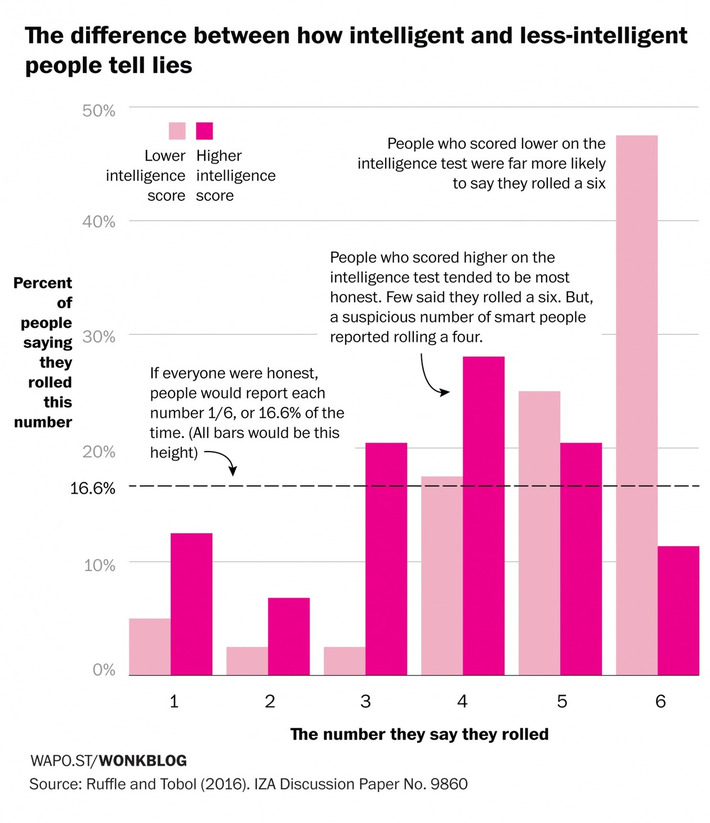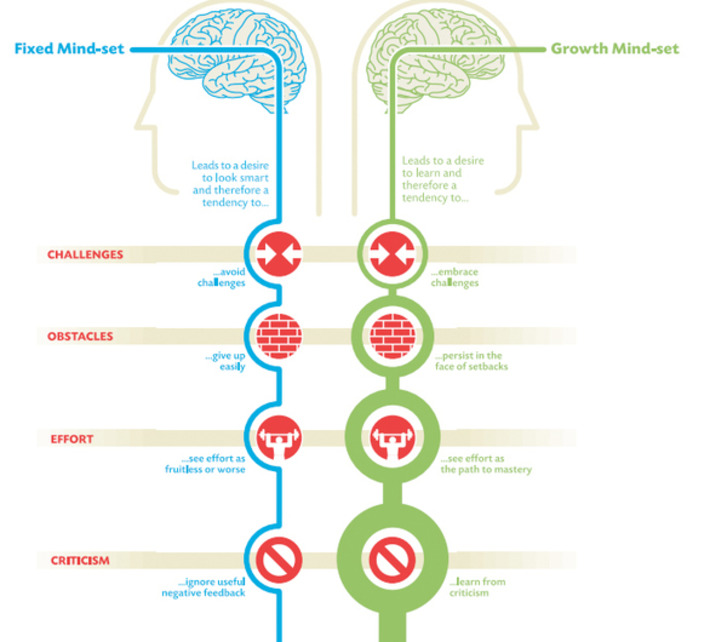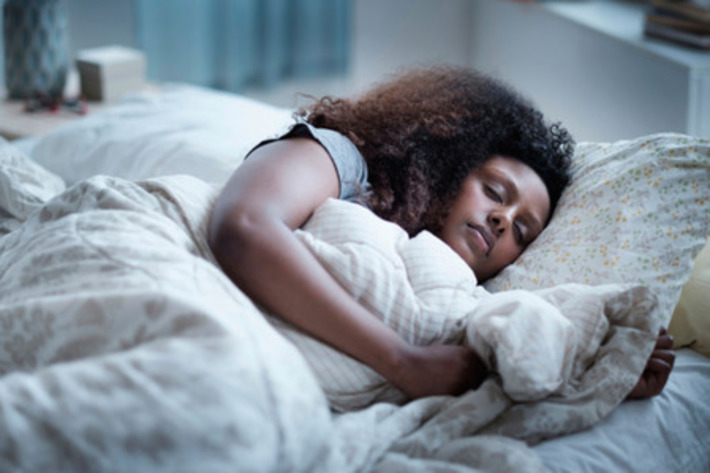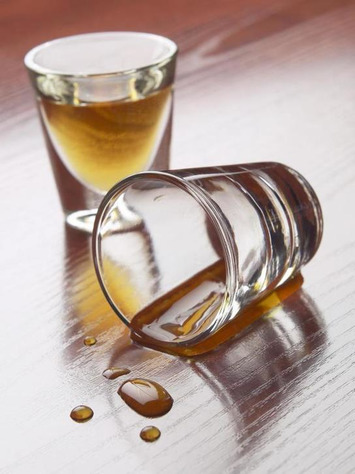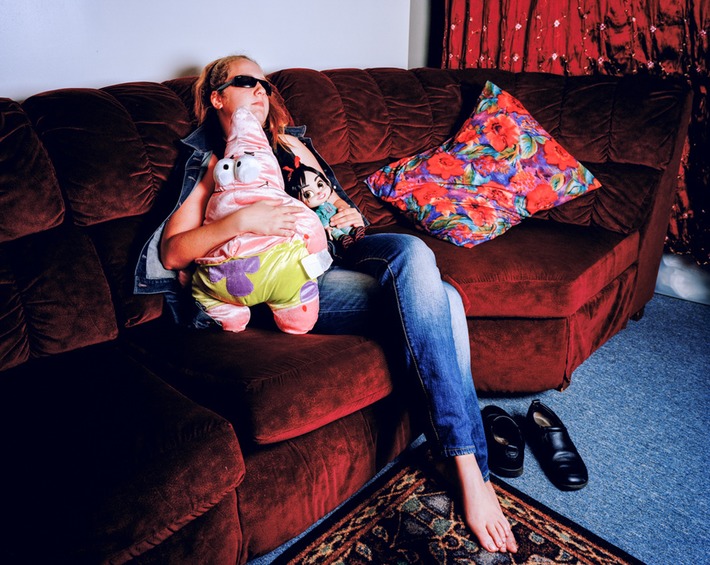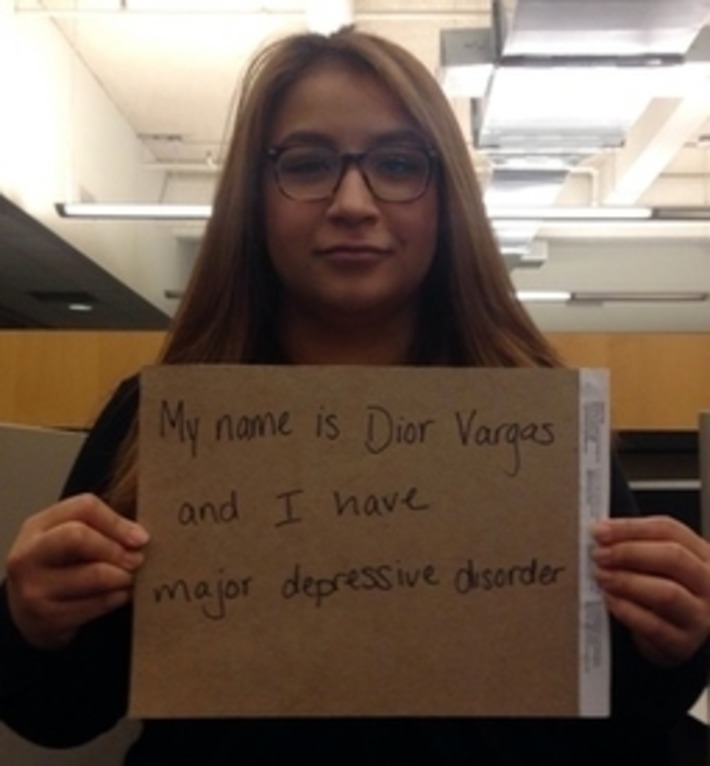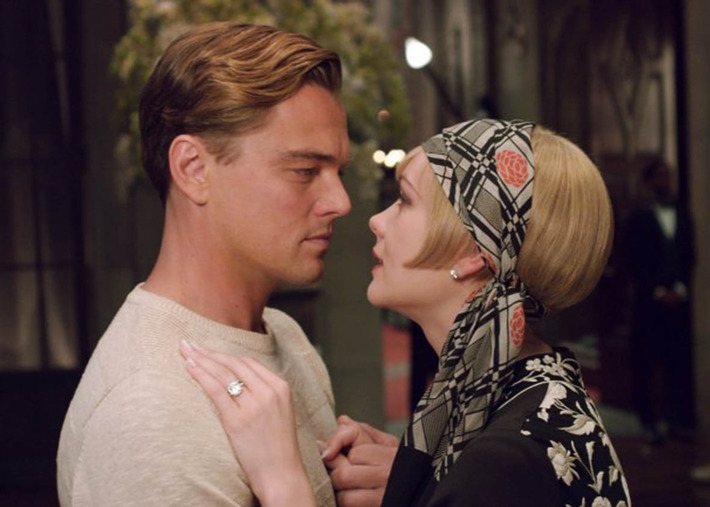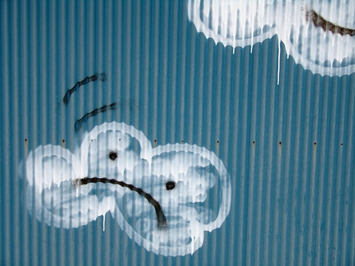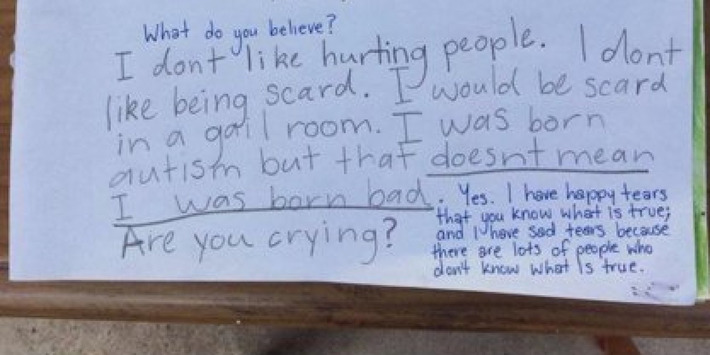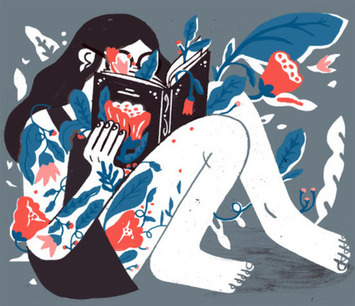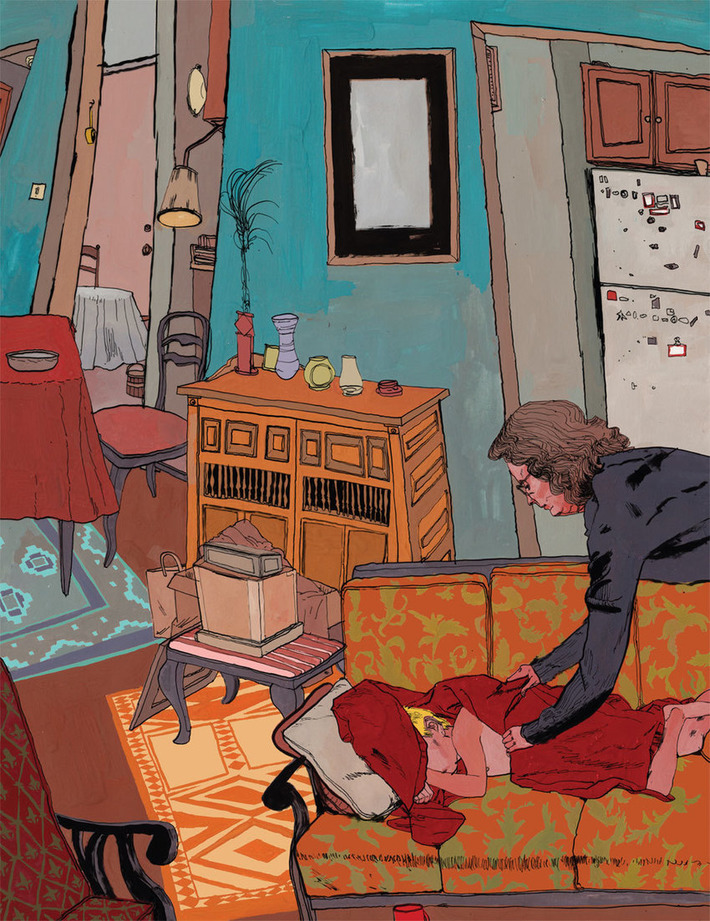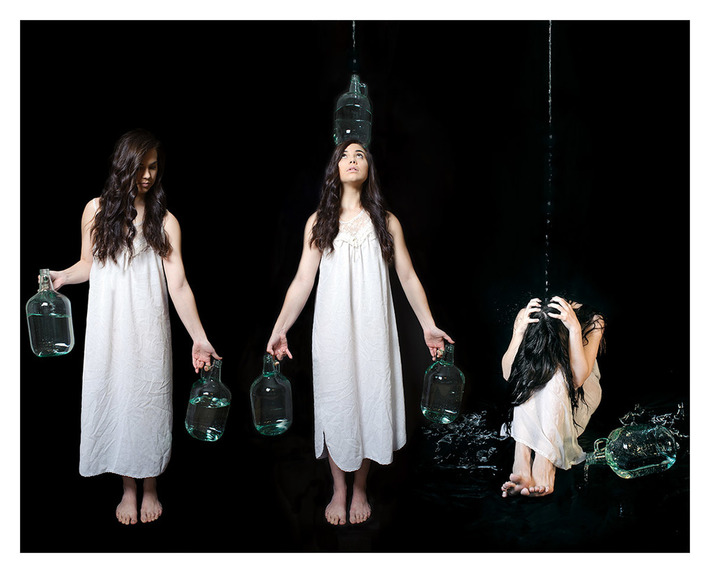 Your new post is loading...
Last summer, a couple of researchers ran a funny experiment about honesty. They went to an Israeli shopping mall and recruited people, one-by-one, into a private booth. Alone inside the booth, each subject rolled a six-sided die. Then they stepped out and reported the number that came up.
There was an incentive to lie. The higher the number, the more money people received. If they rolled a one, they got a bonus of about $2.50. If they rolled a two, they got a bonus of $5, and so on. If they rolled a six, the bonus was about $15. (Everyone also received $5 just for participating.)
Before I reveal the results, think about what you would do in that situation. Someone comes up to you at the mall and offers you free money to roll a die. If you wanted to make a few extra bucks, you could lie about what you rolled. Nobody would know, and nobody would be harmed.
Imagine you went into that booth and rolled a 1. What would you do? Would you be dishonest? Would you say you rolled a six, just to get the largest payout?
Via Rob Duke

|
Rescooped by
Deanna Dahlsad
from Human Interest
March 25, 2016 5:12 PM
|
Your ancestors probably woke up in the middle of the night. So why does it seem like a big deal when it happens today?
Via Skuuppilehdet

|
Rescooped by
Deanna Dahlsad
from :: The 4th Era ::
March 22, 2016 10:25 PM
|

|
Rescooped by
Deanna Dahlsad
from Dare To Be A Feminist
March 21, 2016 11:07 AM
|
Women, unsurprisingly, use more of their brain than men do.

|
Scooped by
Deanna Dahlsad
March 13, 2016 7:07 PM
|
psa: delayed sleep phase disorder is a thing lesbianrunner5: “ andieblogs: “ so i’ve only ever talked about this with a handful of people before so for some reason it’s making me nervous to put it...

|
Scooped by
Deanna Dahlsad
February 10, 2016 3:39 PM
|
TUCSON, Ariz. - In contrast to enduring stories about extraordinarily high rates of alcohol misuse among Native Americans, University of Arizona researchers have found that Native Americans' binge and heavy drinking rates actually match those of whites. The groups differed regarding abstinence: Native Americans were m..

|
Scooped by
Deanna Dahlsad
February 10, 2016 12:11 AM
|
A Columbia University psychiatry professor talks about what he's learned from trying the drug himself and studying it over the years.

|
Scooped by
Deanna Dahlsad
January 13, 2016 10:50 PM
|
It’s become something of a self-esteem cliché in the classroom: assuring kids that it’s fine if they messed up their homework assignment on long division, because, hey, they triedreally hard. The underlying intention is a good one, and it can be traced back to Stanford psychologist Carol Dweck’s work on mind-sets. Dweck has argued —

|
Scooped by
Deanna Dahlsad
January 11, 2016 12:48 PM
|
Many identify with Asperger's syndrome, a part of the Autism Spectrum. New revelations that Dr. Asperger may have participated in murder in WWII cast doubt on his legacy.

|
Rescooped by
Deanna Dahlsad
from Women, Sexuality and Equality
January 10, 2016 10:58 AM
|
Have you ever experienced gaslighting? It's an abuse tactic that makes you doubt your own memory. In this chilling performance, Tatyana Brown captures how the impact can stick with you many years later.
Via Andrea Fernandes

|
Scooped by
Deanna Dahlsad
January 6, 2016 11:52 AM
|
Hundreds of thousands of Americans have Asperger’s syndrome, a developmental disorder on the autism spectrum. Kelsey is one of them. For the last two years

|
Scooped by
Deanna Dahlsad
January 5, 2016 11:42 PM
|
The odds of major depressive disorder and generalized anxiety disorder were markedly greater among women who earned less than their male counterparts, with whom they were matched on education and years of experience, according to new research conducted at Columbia University's Mailman School of Public Health. Results of the study are online in the journal Social Science & Medicine.
The odds that an American woman was diagnosed with depression in the past year are nearly twice that of men. However, this disparity looks very different when accounting for the wage gap: Among women whose income was lower than their male counterparts, the odds of major depression were nearly 2.5 times higher than men; but among women whose income equaled or exceeded their male counterparts, their odds of depression were no different than men.
Results were similar for generalized anxiety disorder. Overall,

|
Rescooped by
Deanna Dahlsad
from Community Village Daily
December 29, 2015 10:02 PM
|
This photo project stems from the lack of media representation of POC (people of color) and mental illness. There are tons of articles that list people with depression and other mental illnesses but you rarely see someone who looks like you. We need to change the way this is represented. This is not something to be ashamed about. We need to confront and end the stigma. This is a NOT a white person's disease. This is a reality for so many people in our community.
If you're interested in being part of this project, please submit a photo of yourself holding a sign saying "I'm [your name] and I have a mental illness (or the exact type)." Whatever you feel comfortable doing.
- Angle (shoulders up, waist up etc): shoulders up
- Save the image as a JPEG and saved as your first and last name
- Send to: Dior dot Vargas at gmail dot com
Via Community Village Sites

|
Scooped by
Deanna Dahlsad
December 8, 2015 10:46 PM
|
The Never-Ending Trigger-Warning Debate
Some professors believe they build trust.
Others think they stifle free discourse.

|
Rescooped by
Deanna Dahlsad
from Social Neuroscience Advances
December 8, 2015 8:23 AM
|
Participation in a mindfulness-based stress reduction program yields robust and sustained improvement in cancer-related cognitive impairment, a prevalent and potentially debilitating condition that affects attention, memory and executive function in survivors, according to a new study from the Regenstrief Institute and Indiana University School of Medicine.
Via SustainOurEarth, Jocelyn Stoller

|
Scooped by
Deanna Dahlsad
December 2, 2015 6:16 PM
|
Lockton is the world’s largest privately owned, independent insurance brokerage firm. Clients across the globe count on Lockton for risk management, insurance and employee benefits.

|
Scooped by
Deanna Dahlsad
November 18, 2015 2:22 PM
|
Imagine for a moment that I took away your ability to enjoy sex. It’s just gone. Now in order to get it back, you would have to declare that you belong to two categories of people who are regularly stigmatized in pop culture. While you are dealing with this, you may also be experiencing feelings of worthlessness, guilt, hopelessness, lethargy, anxiety, and the inability to concentrate. If you can get past all that and reach out for help, there’s a big chance no one will do anything. They may not even believe you.
Welcome to the world of a woman dealing with the sexual side effects of depression and its treatment.

|
Scooped by
Deanna Dahlsad
November 17, 2015 6:39 PM
|
Most of the academic and popular literature on sexuality and disability focuses on how disabled people are desexualized, or seen as nonsexual. Meghann and Hailee mentioned several writers and theories; one term that was new to me (though the idea is familiar) was Harlan Hahn’s concept of “asexual objectification.” This is the idea that disabled women, disabled people of any gender really, are seen as things that don’t have a sexuality – in the most extreme cases, as things that don’t have a humanity. IN a session I went to earlier in the week, asexuality was presented as a sexual orientation, a way someone relates to their own sexuality, so I use the terms desexualization or nonsexual instead. I’m hoping Meghann and Hailee will mention this in their literature review. Maybe Hahn’s term can be updated to “nonsexual objectification.” That still contrasts attitudes towards disabled people with the ways North Ameerican cultures tend to sexually objectify people.
(here’s more information on the theory of asexual objectification.
These theories usually describe the experiences of people with visible physical disabilities.
Women diagnosed with mental illness, especially bipolar disorder, are instead seen as hypersexual. “Hypersexuality” is one of the bipolar disorder symptoms listed in the DSM (Diagnostic and Statistical Manual), the diagnostic tool most often used by psychiatrists and other mental health practitioners in the United States. There’s no definition of “normal” sexuality to go along with that. For that matter, there’s not really a definition of hypersexuality beyond evaluating behaviours like how many partners a patient or client has had, or how frequently they’re engaging in sexual behaviours.
So, each mental health practitioner makes their own judgments about what is normal, and how or whether their patient or clients deviate f

|
Rescooped by
Deanna Dahlsad
from In The Name Of God
November 17, 2015 6:17 PM
|
Religious belief appears to have negative influence on children’s altruism and judgments of others’ actions even as parents see them as ‘more empathetic’

|
Rescooped by
Deanna Dahlsad
from Soup for thought
November 15, 2015 1:37 PM
|
A seven-year-old with autism moved her mum to tears with a note explaining how she understands that despite what some people may think, "autism doesn't mean I'm bad".
Like most children,
Via malek

|
Rescooped by
Deanna Dahlsad
from Writers & Books
June 10, 2015 12:47 PM
|
newyorker: “Is Reading the New Therapy?““In a secular age, I suspect that reading fiction is one of the few remaining paths to transcendence, that elusive state in which the distance between the self...
Via bobbygw

|
Rescooped by
Deanna Dahlsad
from Gender and Crime
June 3, 2015 1:33 PM
|
So why would Grandma poison us? Well, for some time, my mother has postulated that Grandma has Munchausen syndrome by proxy, a condition that causes caregivers to poison or injure their charges. Me? I'm sure that Grandma wasn't trying to hurt anyone. If she slipped you a Mickey it was because she didn't want you to leave—she loved to make people miss their train. "Stay the night, stay the night," she'd coo.
Via Rob Duke

|
Scooped by
Deanna Dahlsad
May 14, 2015 11:24 AM
|
Photography student Katie Joy Crawford knows what it feels like to be anxious. We're not talking about just hand-wringing anxious — you know, the kind of anxious you feel when you’re waiting to hear back from a job you want, or a person you like. We're talking about full body, anxious. Anxious for no identifiable reason, anxious. Anxious about everything. Anxious all the time. And it started young. “I had my first panic attack when I was 11,” she told Hello Giggles in an interview. “I wasn't sup

|
Rescooped by
Deanna Dahlsad
from Social Neuroscience Advances
March 19, 2015 1:12 PM
|
Australian researchers have come up with a non-invasive ultrasound technology that clears the brain of neurotoxic amyloid plaques - structures that are responsible for memory loss and a decline in cognitive function in Alzheimer’s patients. If a...
Via Velvet Martin, Jocelyn Stoller

|
Rescooped by
Deanna Dahlsad
from Whole Child Development
March 16, 2015 2:49 PM
|
A new study reports that a father's depression during the postpartum period can impact the behavior of their toddler.
Via Jocelyn Stoller
|

Curated by Deanna Dahlsad
An opinionated woman obsessed with objects, entertained by ephemera, intrigued by researching, fascinated by culture & addicted to writing. The wind says my name; doesn't put an @ in front of it, so maybe you don't notice. http://www.kitsch-slapped.com
Other Topics
Antiques & Vintage Collectibles
Crimes Against Humanity
From lone gunmen on hills to mass movements. Depressing as hell, really.
Cultural History
The roots of culture; history and pre-history.
In The Name Of God
Mainly acts done in the name of religion, but also discussions of atheism, faith, & spirituality.
Kinsanity
Let's just say I have reasons to learn more about mental health, special needs children, psychology, and the like.
Nerdy Needs
The stuff of nerdy, geeky, dreams.
Readin', 'Ritin', and (Publishing) 'Rithmetic
The meaning behind the math of the bottom line in publishing and the media. For writers, publishers, and bloggers (which are a combination of the two).
Sex Positive
Sexuality as a human right.
Vintage Living Today For A Future Tomorrow
It's as easy to romanticize the past as it is to demonize it; instead, let's learn from it. More than living simply, more than living 'green', thrifty grandmas knew the importance of the 'economics' in Home Economics. The history of home ec, lessons in thrift, practical tips and ideas from the past focused on sustainability for families and out planet. Companion to http://www.thingsyourgrandmotherknew.com/
Visiting The Past
Travel based on grande ideas, locations, and persons of the past.
Walking On Sunshine
Stuff that makes me smile.
You Call It Obsession & Obscure; I Call It Research & Important
Links to (many of) my columns and articles.
|



 Your new post is loading...
Your new post is loading...

